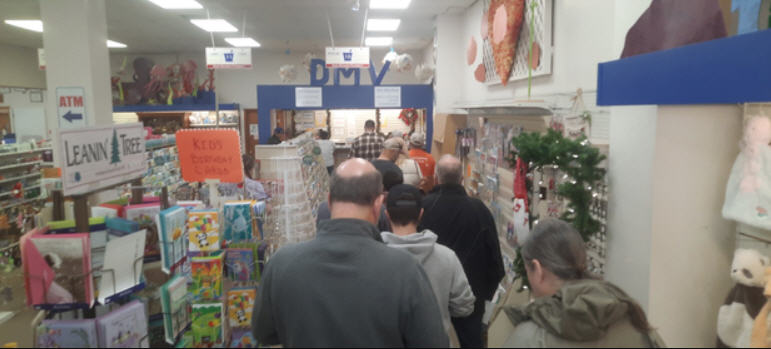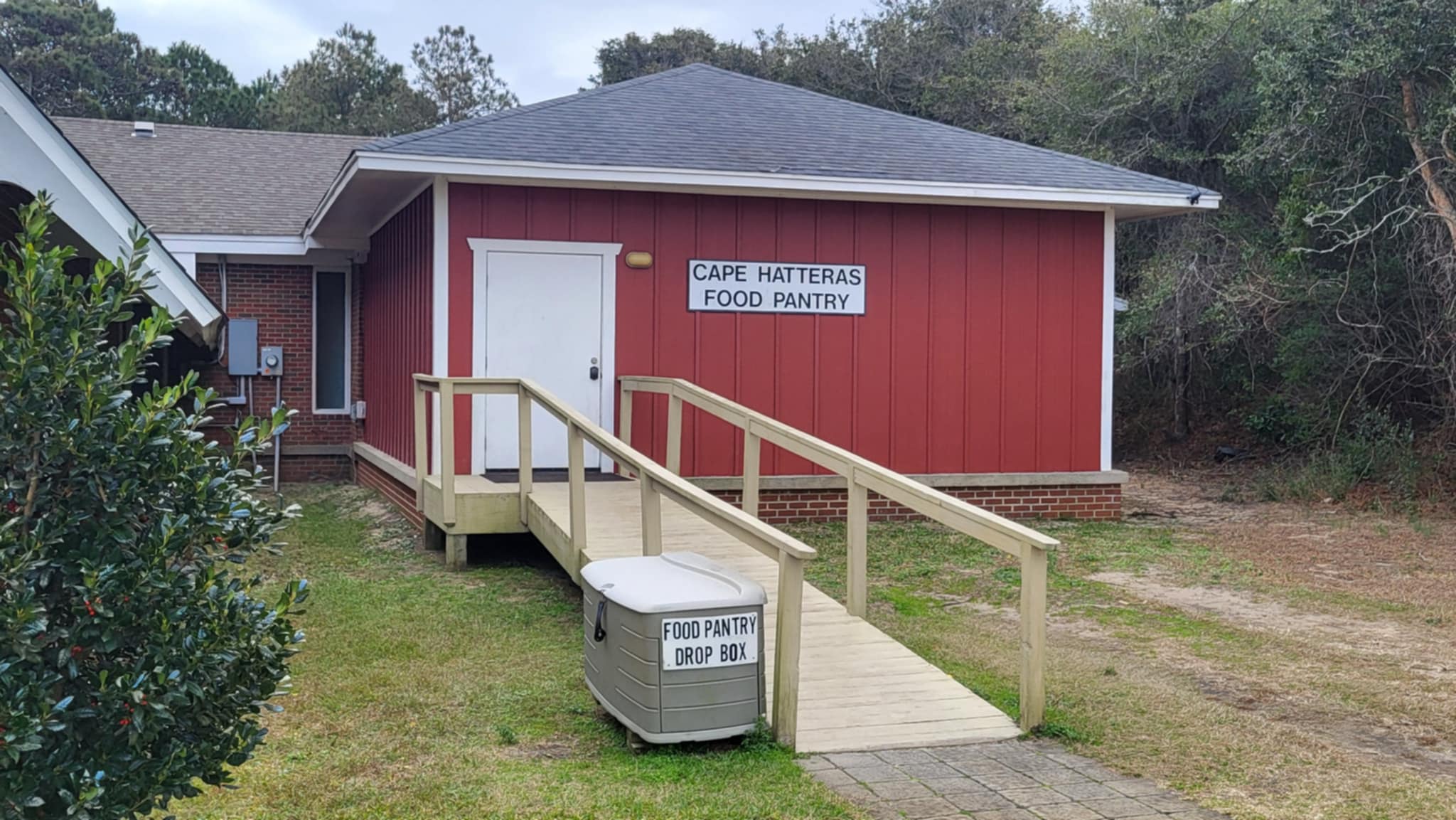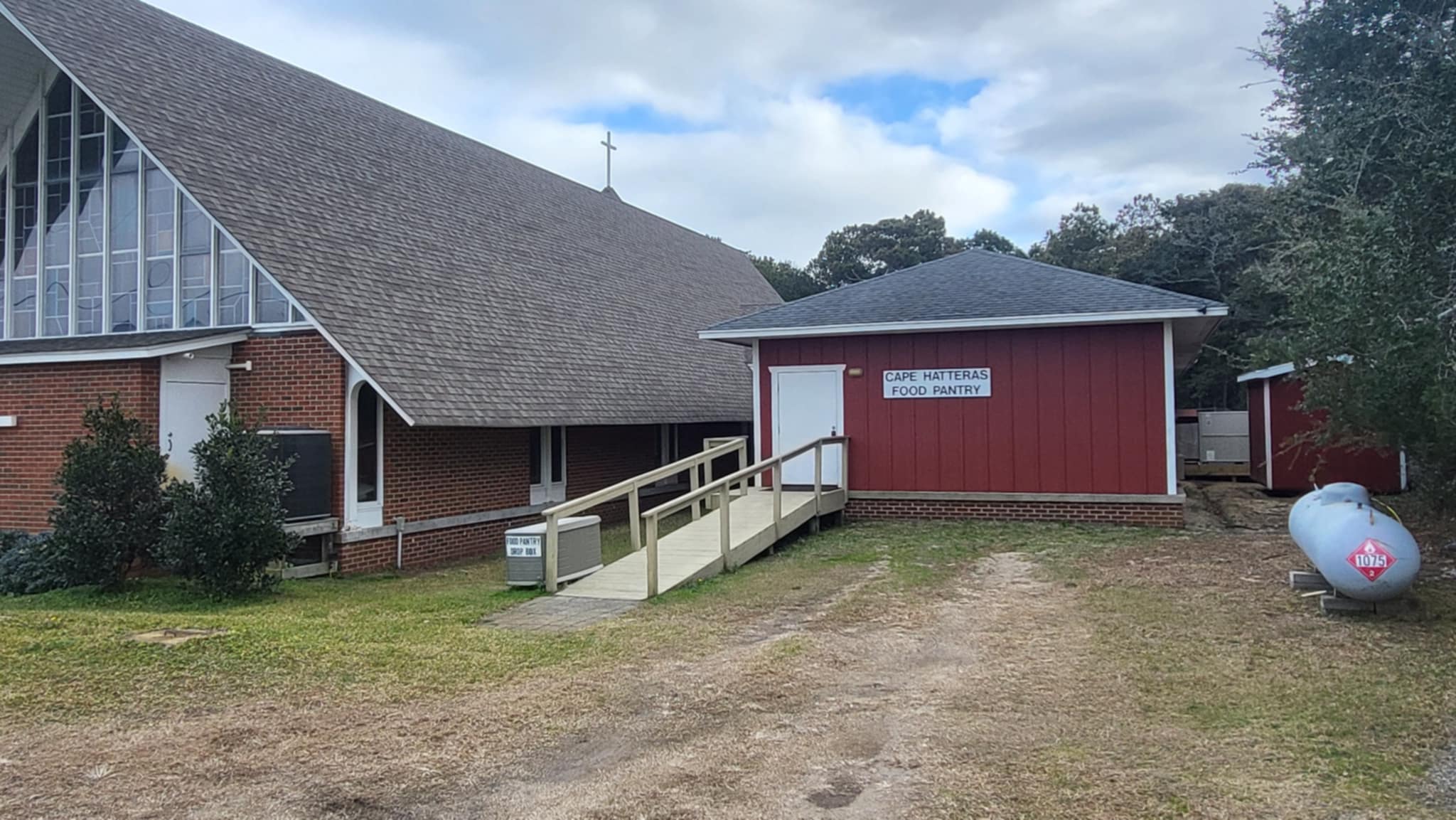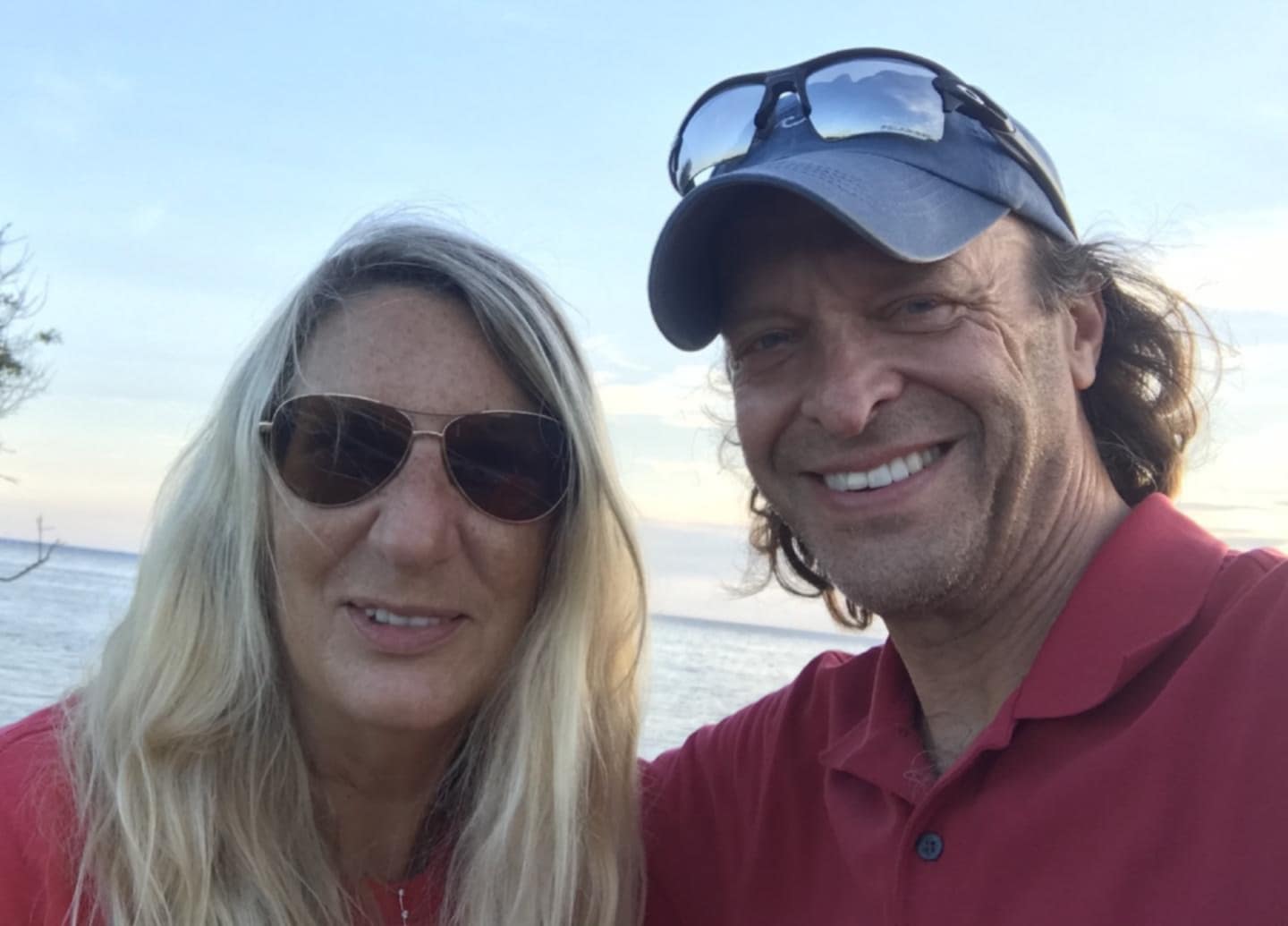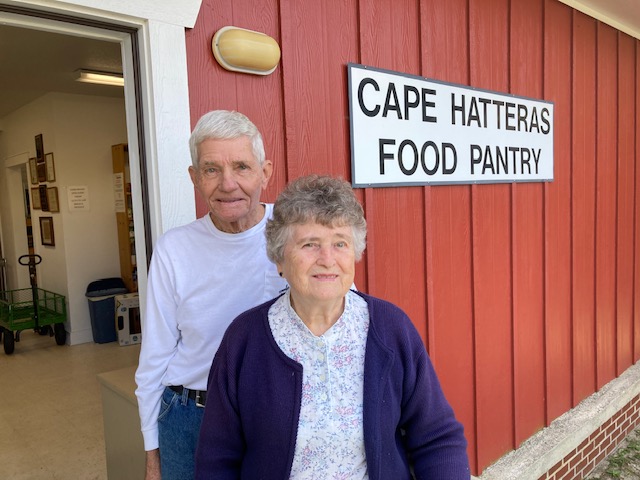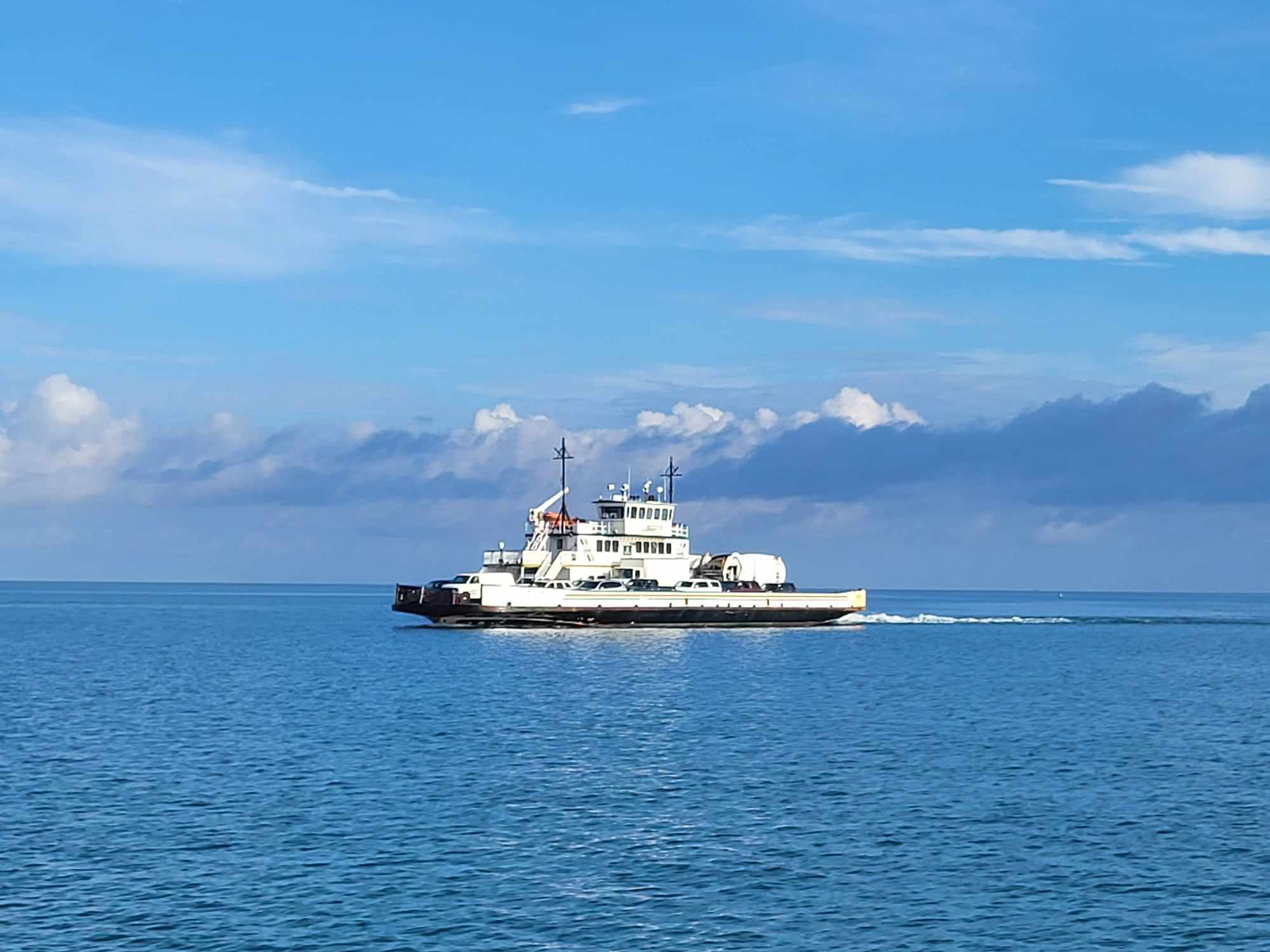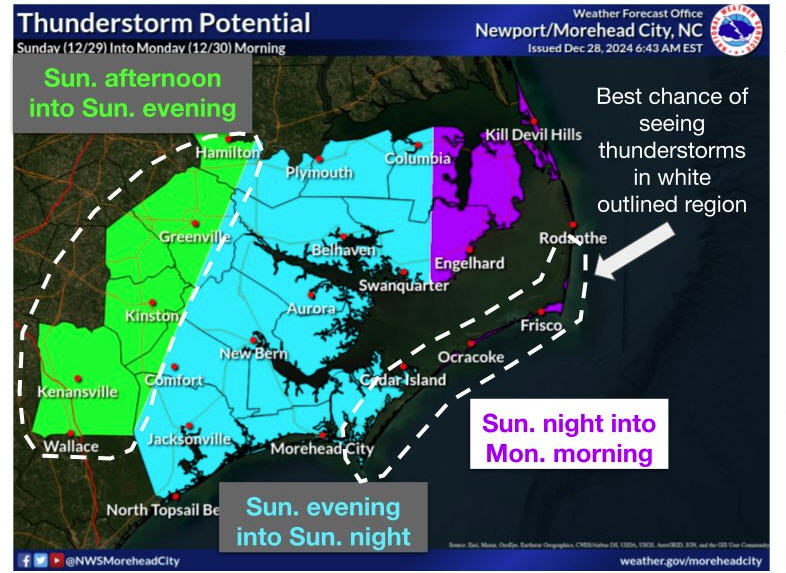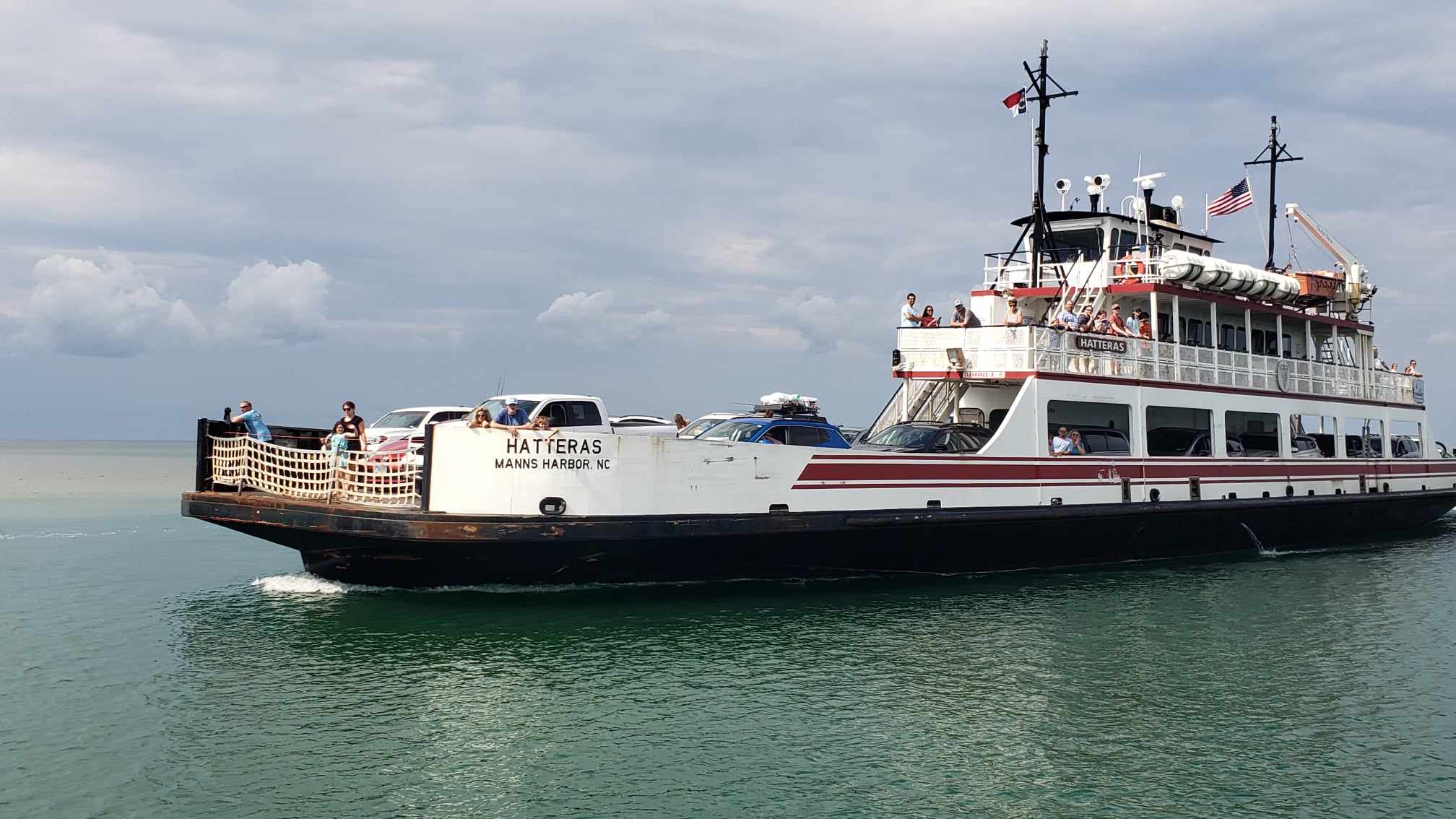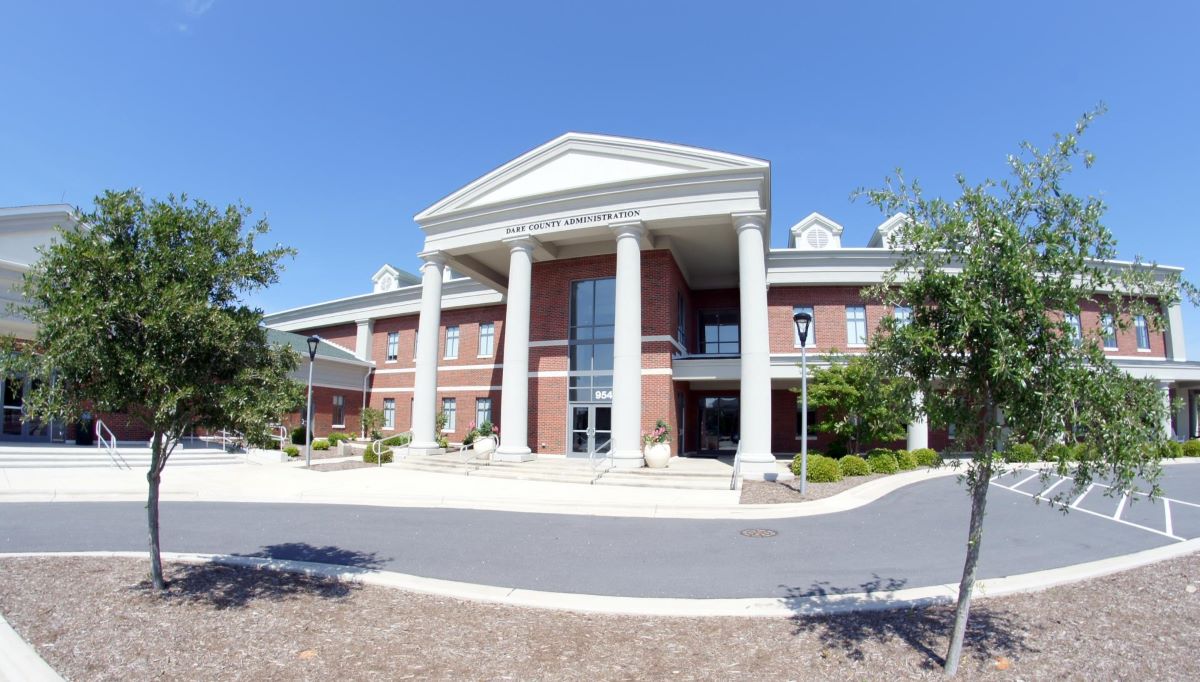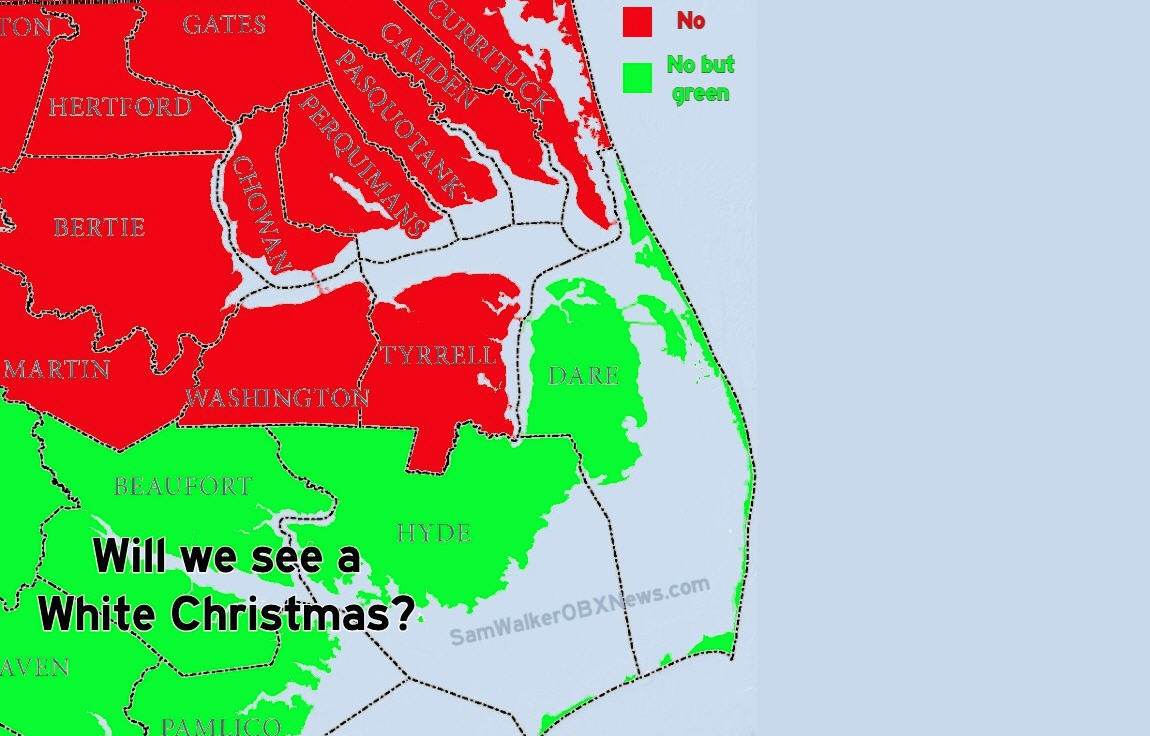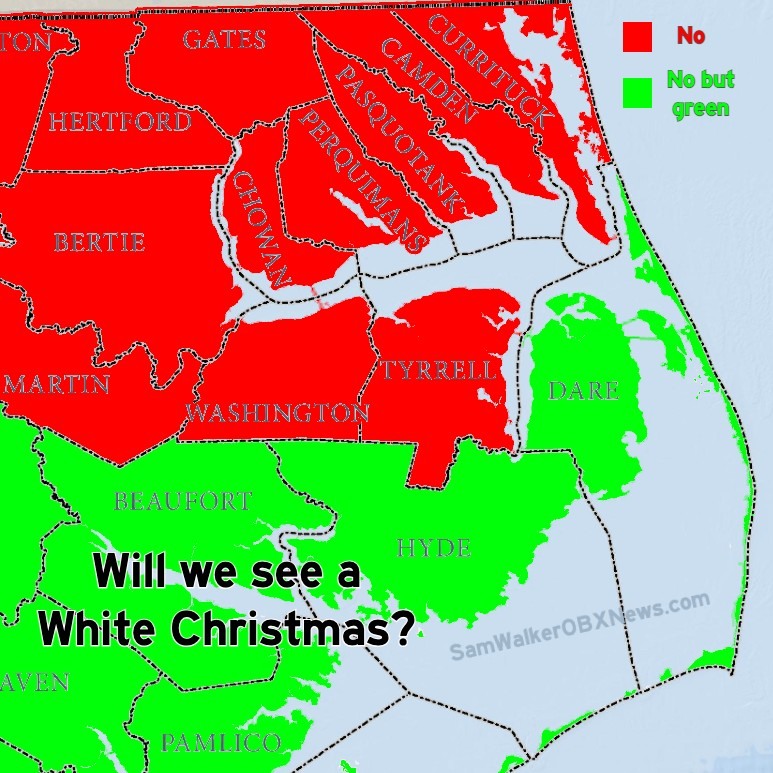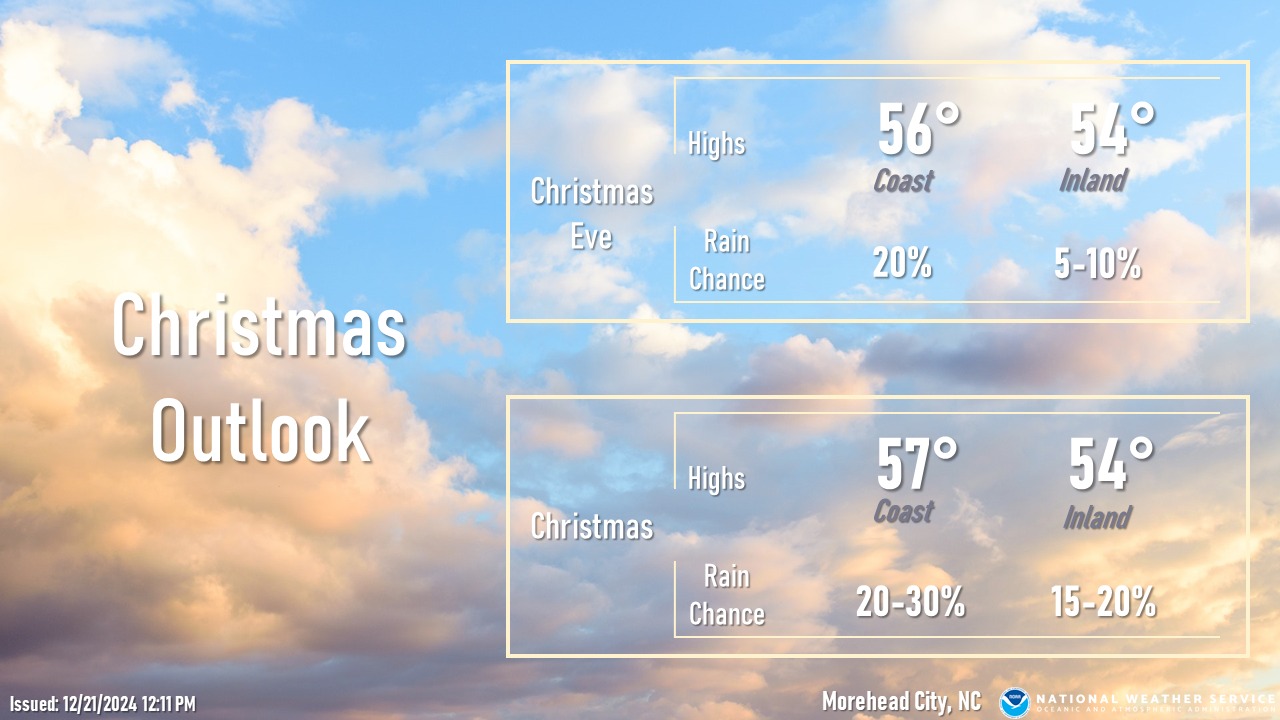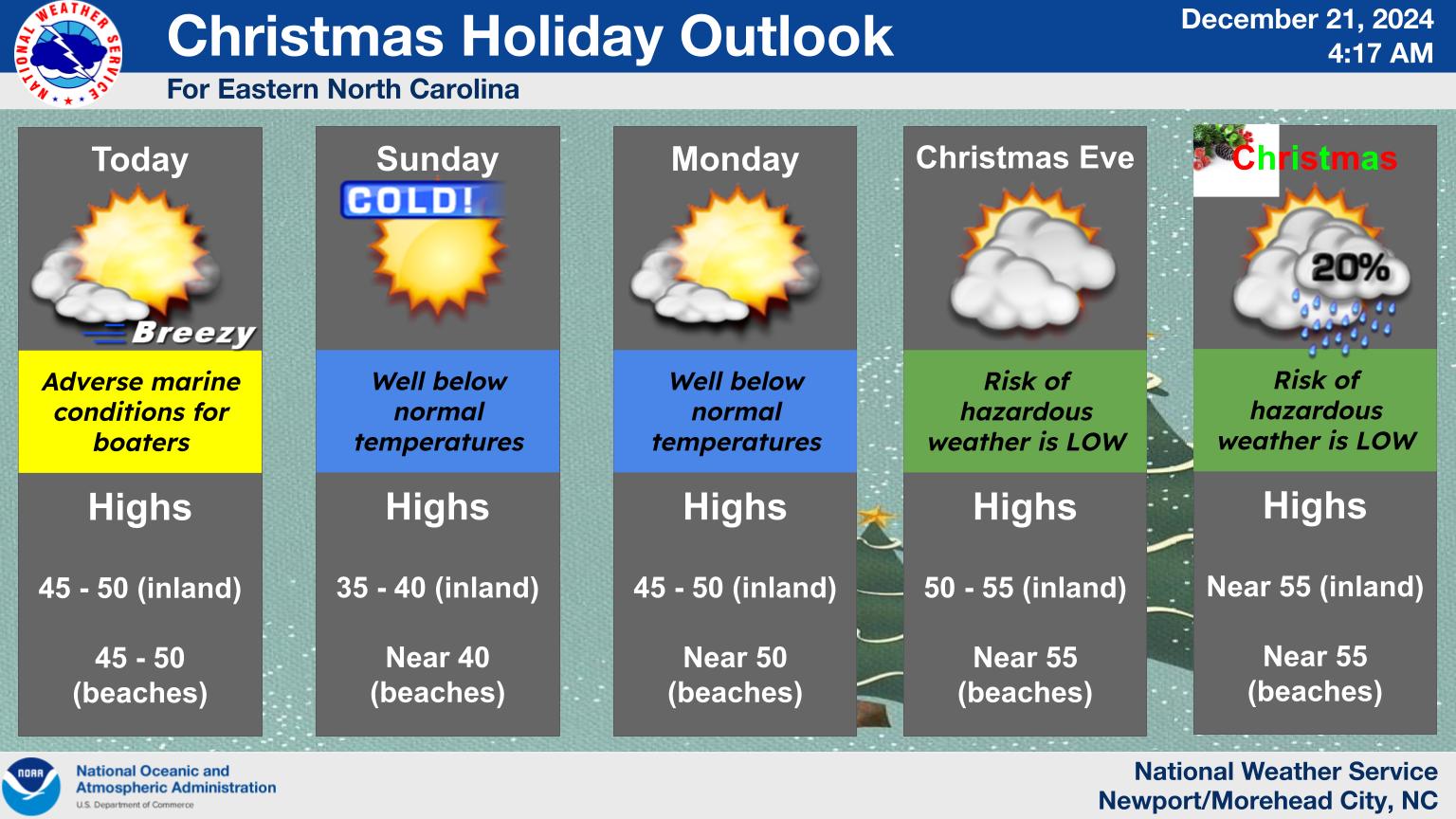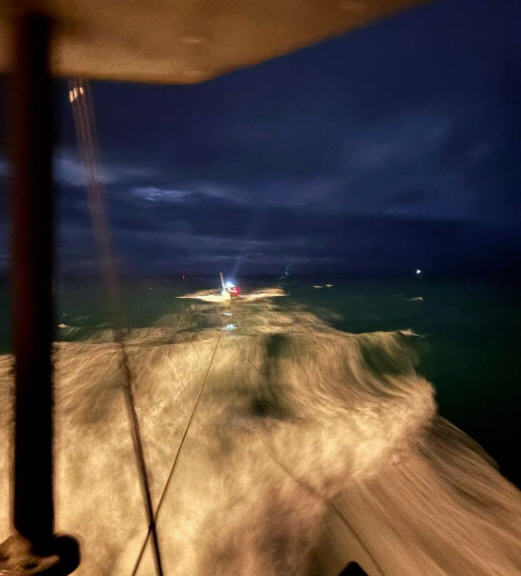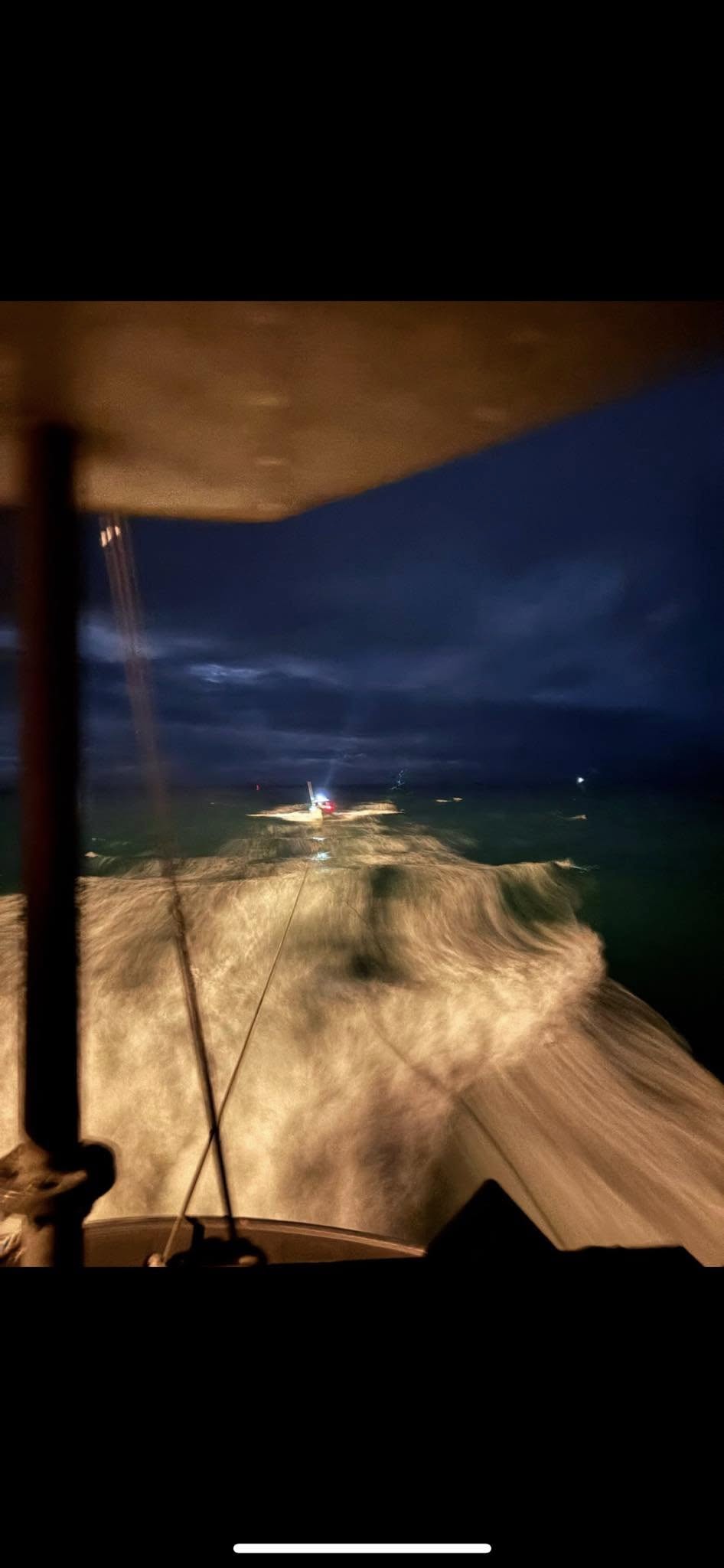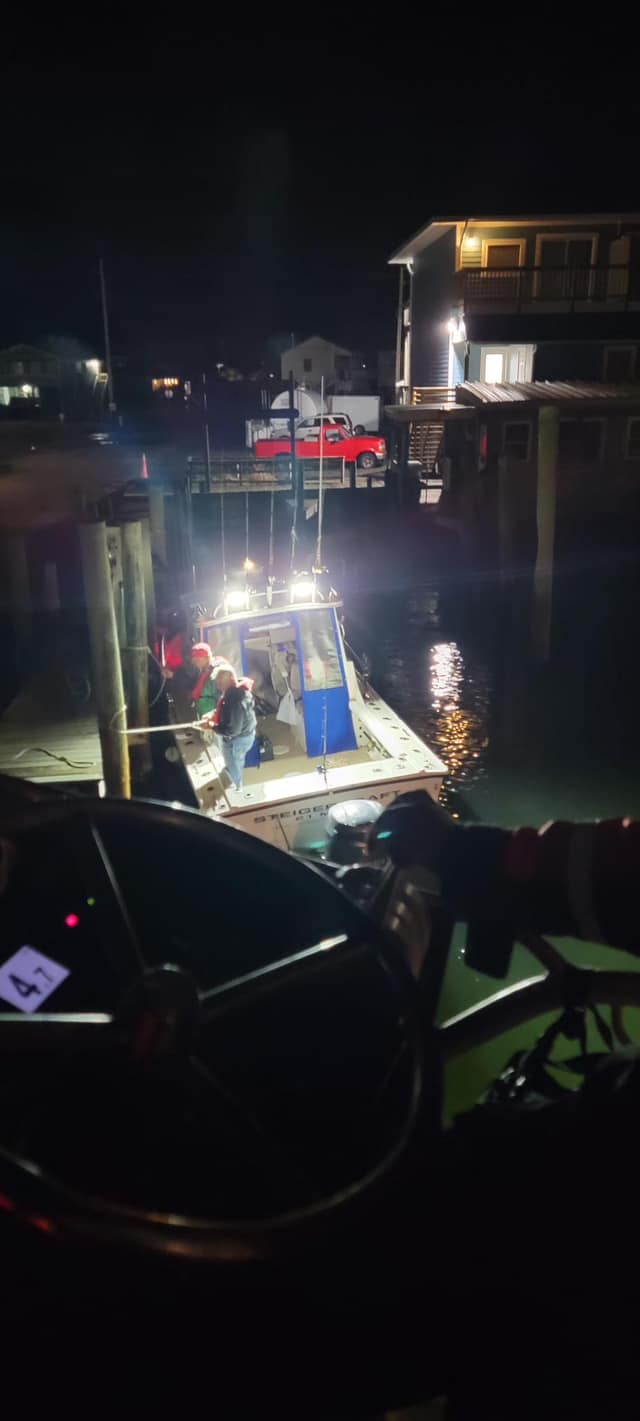Tri-villages have first meeting to gauge interest in zoning
Rodanthe’s first zoning workshop, an unstructured, casual gathering held on a rainy night, became Thursday’s go-to event.
About 70 residents and property owners attended the open house at the Rodanthe-Waves-Salvo Community Building to give their view on whether the three villages should have stricter zoning rules. Attendees were asked to fill out a form with questions on existing issues and uses, and potential future uses.
“I was pleased with the turnout, considering the nasty weather we had,” Planning Director Donna Creef said after the meeting. Four of the seven members of the Dare County Planning Board also attended the workshop.
Creef said that 28 forms were returned so far, many with detailed handwritten comments. Folks have until March 15 to return the forms.
“There’s a lot to be said for filling out an anonymous form instead of standing up and speaking at a public meeting,” Creef said.
The villages on the north end of Hatteras Island are currently zoned S-1, which restricts building heights and setbacks but permits nearly all uses on parcels.
“I think it would be healthy,” said Ken Wenberg, a resident of Waves. “When you look around, some of the early homes and businesses are unkempt and decayed.”
Property rights sometimes can’t be the main priority, he added.
“There’s a trade-off to everything,” Wenberg said, “ and if you can make it better, it’s a worthy trade-off.”
In recent years, concerns have been raised about some undesirable sites in the villages, including long-neglected Waterfall Park and a concrete plant in Waves. The concrete operation was approved by the county commissioners last year because there is currently no restriction in the current zoning regulation prohibiting it.
“We see it from our top deck,” said Patti White, referring to the concrete plant. White, a homeowner for 20 years, lives with her husband Gabe in the Wimble Shores subdivision in Salvo.
The couple said that the bright lights from the Dollar General store and increased storm runoff from a nearby campground also affect their neighborhood. And the Waterfall Park, they say, is a blight on all the villages.
“It’s hideous,” Patti White said. “It looks like a ghetto. It’s dangerous. It’s a public nuisance.
“I think most of the community would like to see things kept nicer.”
Spurred by a letter from the Rodanthe-Waves-Salvo Civic Association asking the county to start the planning process for use-specific zoning, the Dare County Board of Commissioners earlier this year instructed the planning department to move forward in development of zoning regulations and maps for the villages.
The civic association did not take a position on zoning. But property and business owners were sent a letter in November signed by seven residents urging them to petition planners to start the zoning process.
Although the planning department is proceeding , Creef said, the direction and the outcome will be community-driven. For instance, it’s not written in stone that the tri-villages – a widely-used term that some residents dislike – will be considered as one unit.
“It’s easier to approach it as a whole,” Creef said. “The way things flow down there, when you’re driving down the highway, there’s no discernible difference” from one village to the next . . . But they’re three separate tax districts.”
If it’s what the community wants, she said, it would be possible to zone one or more of the villages separately.
There was an attempt years ago to start the same zoning process in the three villages, but the community was opposed and the effort was dropped. A similar situation occurred in 1998 in Frisco. As a result, those communities remain the only two in the county with S-1 zoning.
Brent Midgett from Rodanthe believes that the villages have nothing to gain by implementing specific-use zoning.
“Basically, it’s people that moved in,” he said. “They loved it when it was paradise and they want to change it to what it was when they came here.”
Midgett said that commercial uses like the concrete plant, which he said is environmentally safe, provide needed jobs. And with today’s four-lane highways, pink and blue houses, and corporate-owned properties already on the Outer Banks, he said, there’s little point in putting in more restrictive zoning.
“Many people agree,” he said, “it’s a little late to worry about the Dollar Generals and the Wings stores up and down the beach.”
Others were open-minded to see what stricter zoning could offer.
Kyle Lamz said that the current zoning would be “fine” if people maintained their properties and if infrastructure, such as the multi-use path, was kept in good condition.
“I need more information,” said Lamz, a property owner from Rodanthe. “I think a formal presentation would be helpful.”
Todd Phillips, a property owner in Salvo and owner of Hatteras Recycle, compared more restrictive zoning to the benefits of representation as an incorporated municipality: there’s less independence, but more power.
“I think there has to be some changes made and I’m just not sure of how we get more control of the process here, a little more input on what flies and doesn’t fly,” he said. “It would be nice to see more clear-cut regulations – more user-friendly guidelines. It seems like it’s a transparency issue: What will zoning change look like and what will the effects be in our lives?”
The planning director said she heard similar concerns – about tax rates, restrictions on fishing equipment in yards, requiring lawn mowing — on Thursday as she had heard from other communities when the zoning process began. But she said the new zoning plans are done through consensus with the community and include grandfather clauses for nearly every existing use.
“We have always been very inclusive and accommodating to property owners’ rights,” she said.
After comments are reviewed, Creef will submit a report to the Planning Board. If there is a zoning change recommended, there would be a public hearing, and approval of the Board of Commissioners would be required. But Creef said it’s too early to put a timeline on anything.
“I would call it a work in progress,” she said. “I don’t know what kind of feedback I’m going to get. I’ve got to find out what people are saying before I know how I’m going to react to it.”




